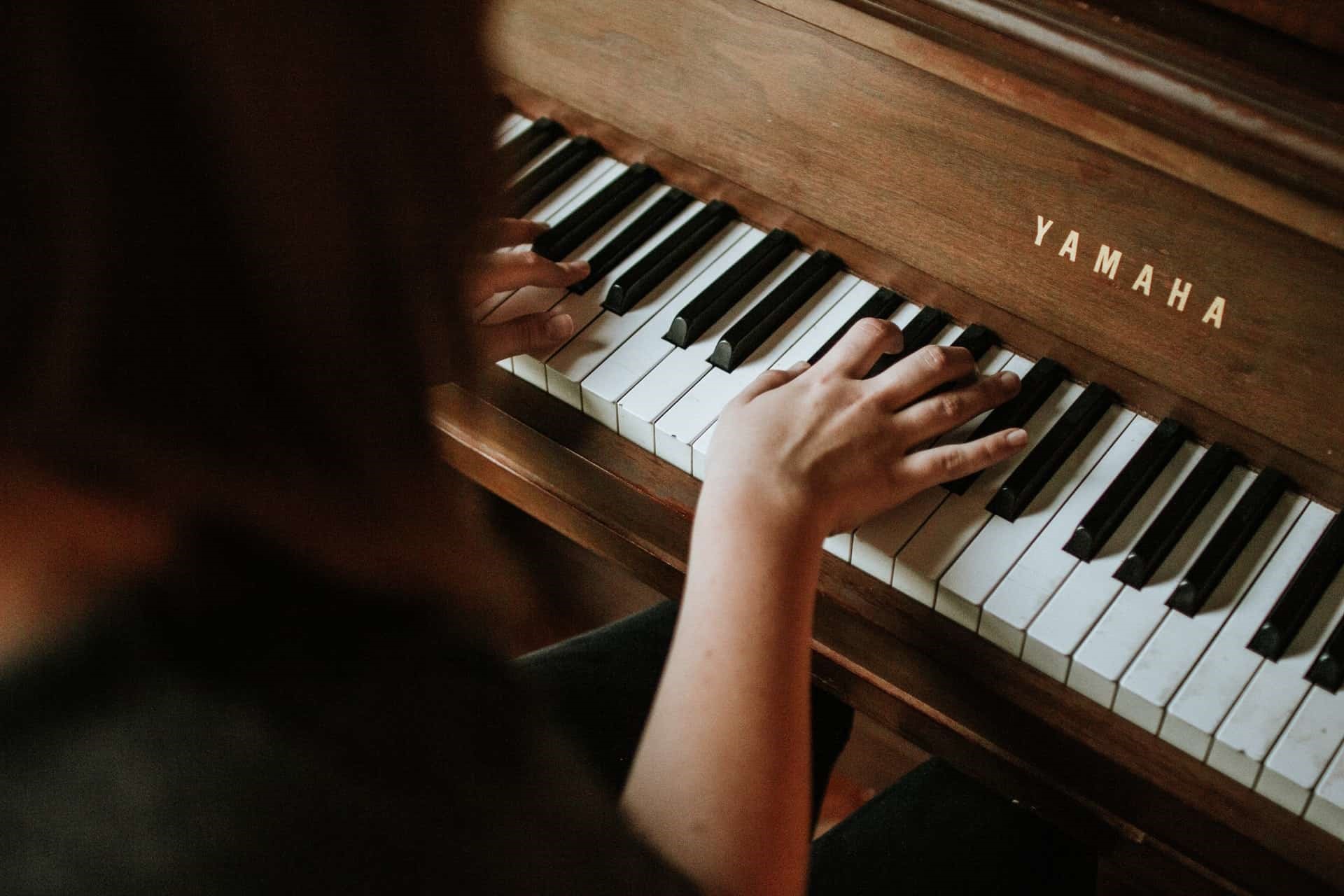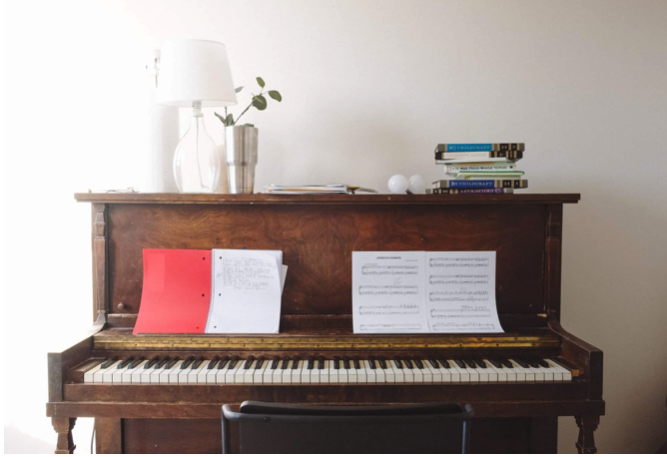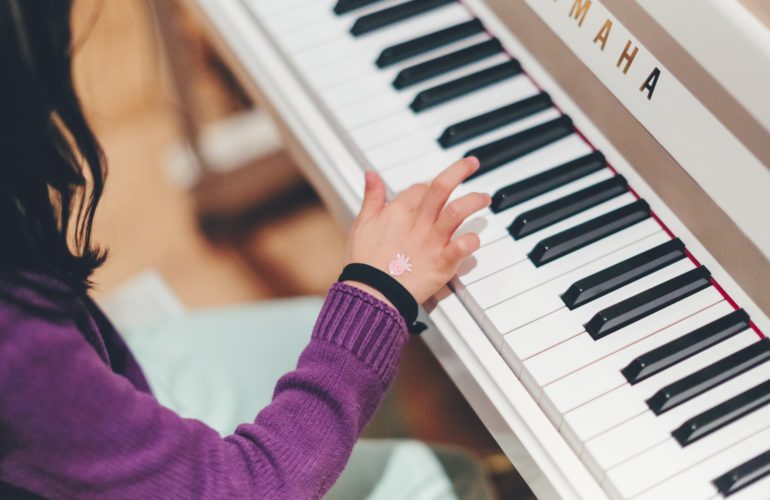There are many benefits to learning piano—entertaining your friends and family, developing a hobby or career in music, and pure enjoyment to name a few—but did you know that learning piano influences you in much subtler ways as well? Studies have shown that learning to play music greatly impacts the way the brain works, creating positive changes across many areas of life.
As experts in piano repair, we’ve seen first-hand some of the benefits that people can gain from practicing the piano, and even experienced some of them ourselves! Read on to find out how playing piano can benefit you throughout your life.
Physical Benefits
Most people don’t think of sitting down to play the piano as a physical workout, but in many ways, it is! Playing piano can help enthusiasts of any age develop better motor control, and improves multiple other physiological systems, including the heart, and even the immune system.
Younger players stand to gain the most in terms of fine motor skills, as learning to use the keyboard at a young age can greatly improve hand-eye coordination for developing minds. Older players can still improve their physical health through music too—playing music regularly can increase levels of somatotropin, also known as human growth hormone, and this can help slow the ageing process. Music is also associated with lower blood pressure, less anxiety, better circulation, and a more active immune system. All in all, there are many more physical benefits from playing piano than you might expect. Just make sure you sit up straight!
Music and the Brain
Any behaviour has the power to rewire the brain, and practicing piano is no exception. The time and attention required to learn an instrument can create new structures within the brain that persist long into life. Because learning music activates the same areas of the brain used for spatial-temporal awareness and mathematics, playing piano can help develop the skills used in many fields of science and engineering.
Playing the piano also stimulates many other parts of your brain, most notably memory. Learning different pieces of music directly helps expand your ability to store information, especially auditory information. This means many children who play piano display larger vocabularies, as they can more easily remember complex words. These benefits can also occur in adults too, so if you want a better memory, it’s never too late!
Emotional Intelligence
Analytical thinking is only half of our brain’s capabilities—emotion and creativity also stem from our incredible minds. Music in general is often more associated with emotion and creativity than analytical thinking, but both sides of this coin are important for any artistic pursuit.
When it comes to playing piano, it’s ear training that will have the biggest impact on your emotional intelligence, as learning to listen carefully to music makes you a better listener when talking to people too! Learning to distinguish notes will make it much easier for your to subconsciously navigate the tones in people’s voices, helping you develop a more empathic awareness of others.




